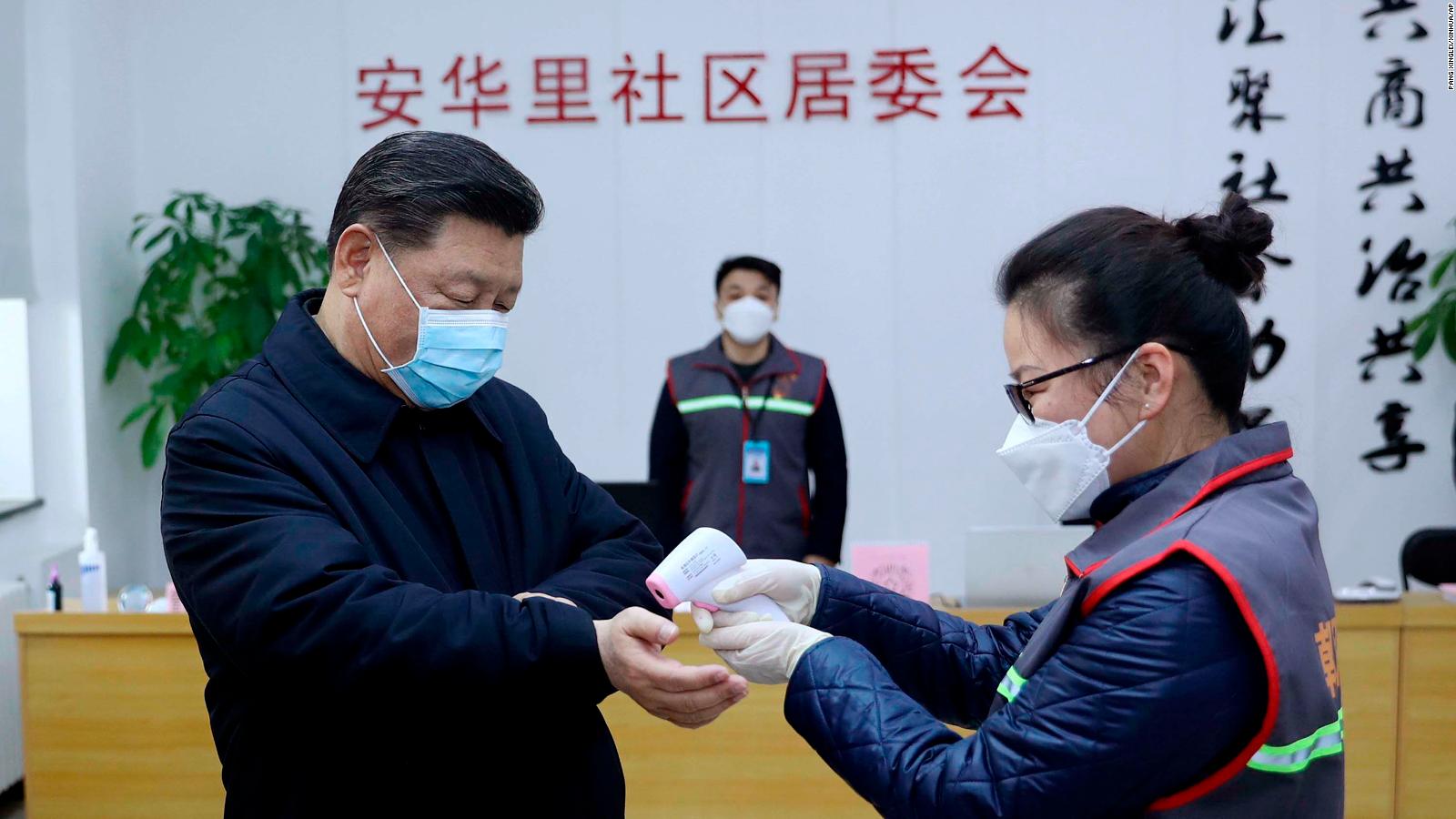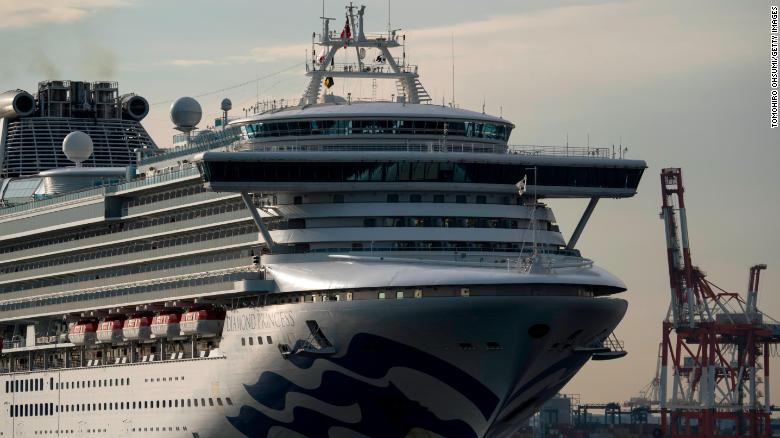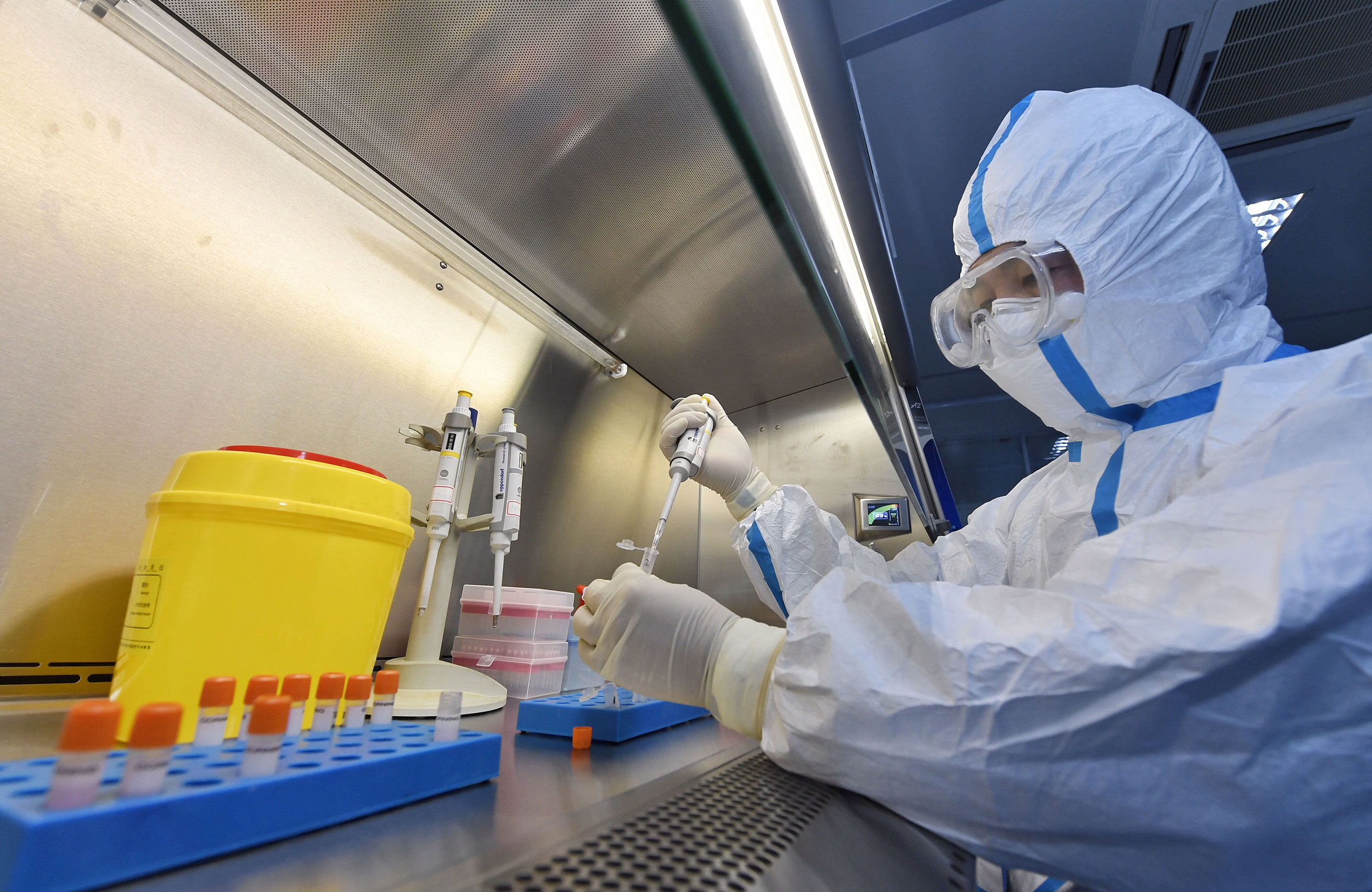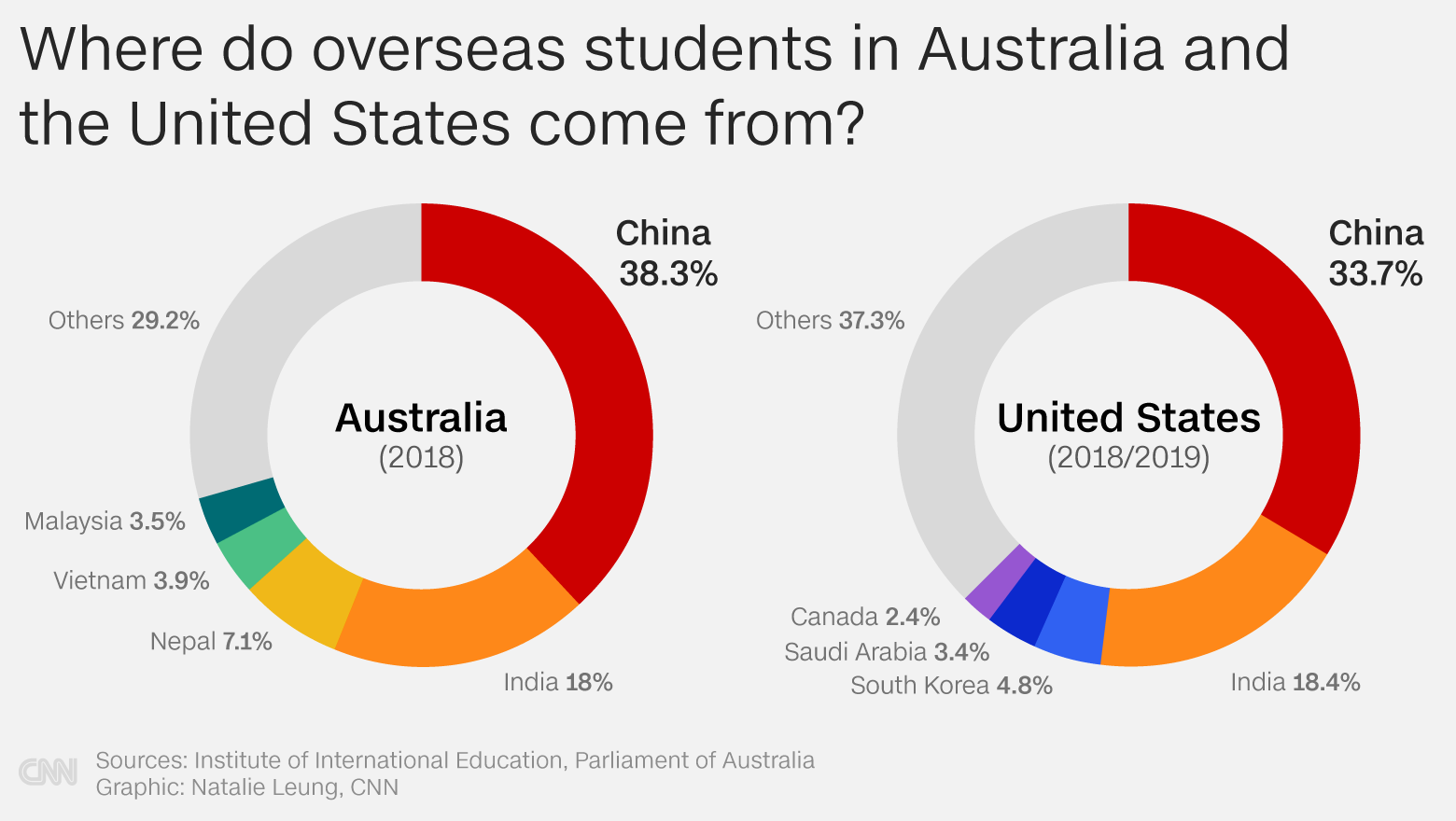Chinese President Xi Jinping knew about the coronavirus outbreak in early January, he said in a speech this month.

According to a transcript of the speech made on February 3, and published in the Communist Party journal Qiushi on Saturday, Xi "issued requirements for the prevention and control of the new coronavirus" on January 7.
"On January 20, I specifically issued instructions on the epidemic prevention and control work, stating that we must attach great importance to the epidemic, do our best in prevent and control work, and require Party committees, governments and relevant departments at all levels to put people’s safety and health first and take effective measures, resolutely contain the epidemic," he added.
"On January 22, considering the rapid spread of the epidemic and the severe challenges faced by prevention and control work, I explicitly requested Hubei province to implement comprehensive and strict control over the outflow of people."
Previously, Xi was believed to only have learned about the extent and danger of the outbreak in late January, when he publicly intervened to order "all out efforts" to tackle its spread.
"I have, at all times, monitored the spread of the epidemic and the progress in prevention and control work , and continue to give oral orders and instructions," Xi said.
While the speech underlines that Xi has been personally directing the response to the outbreak -- something that has been repeatedly emphasized in state media -- the revelation that he knew about the virus when Wuhan officials were publicly downplaying its danger, exposes him to the risk of being blamed, along with them, for failing to properly handle the outbreak in its early weeks.





